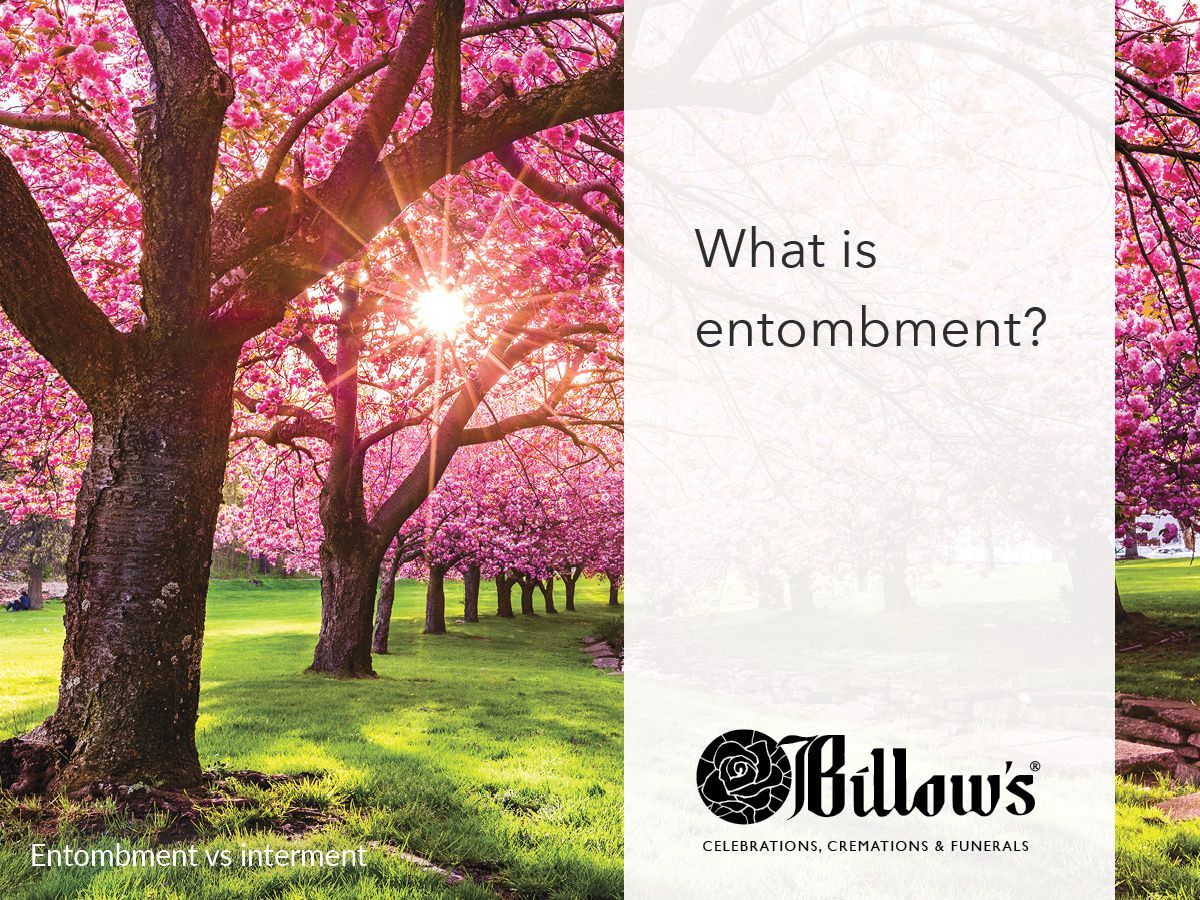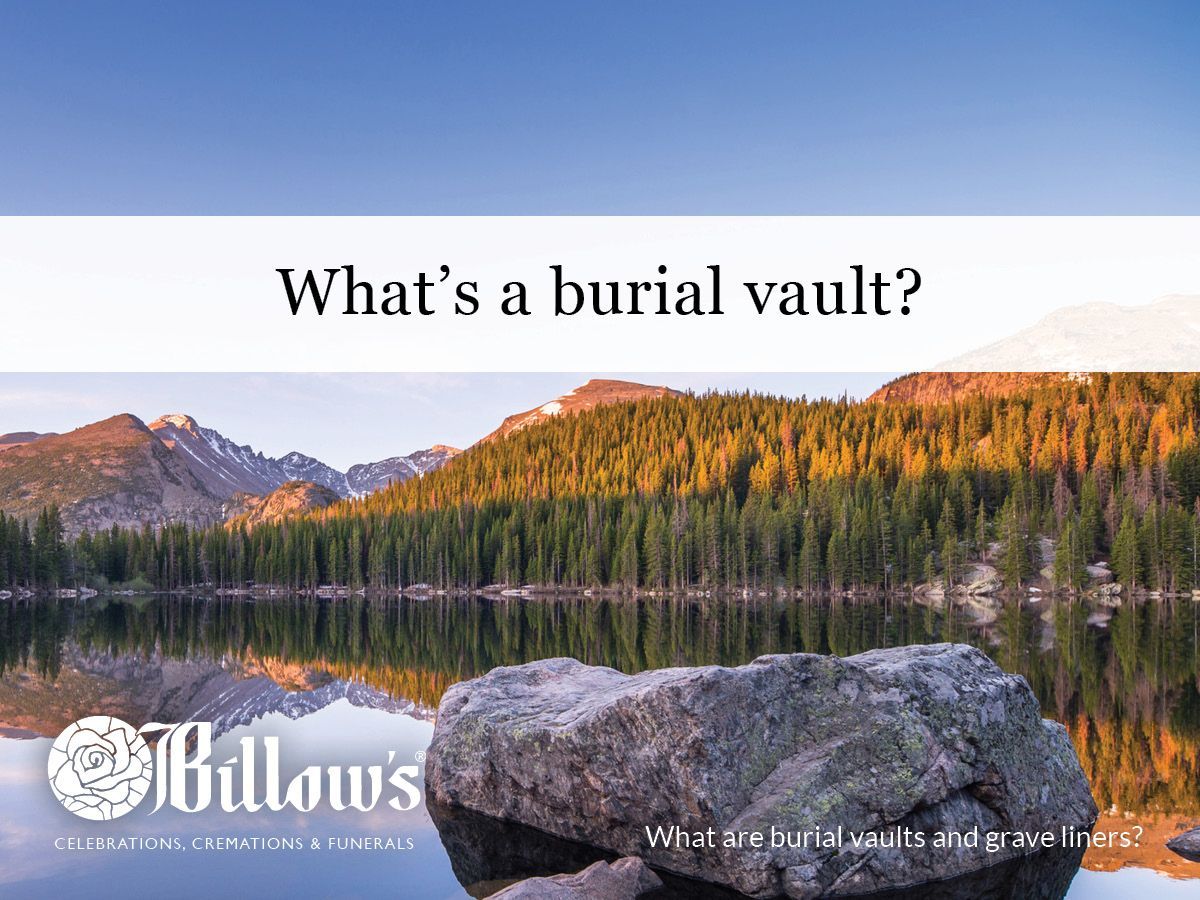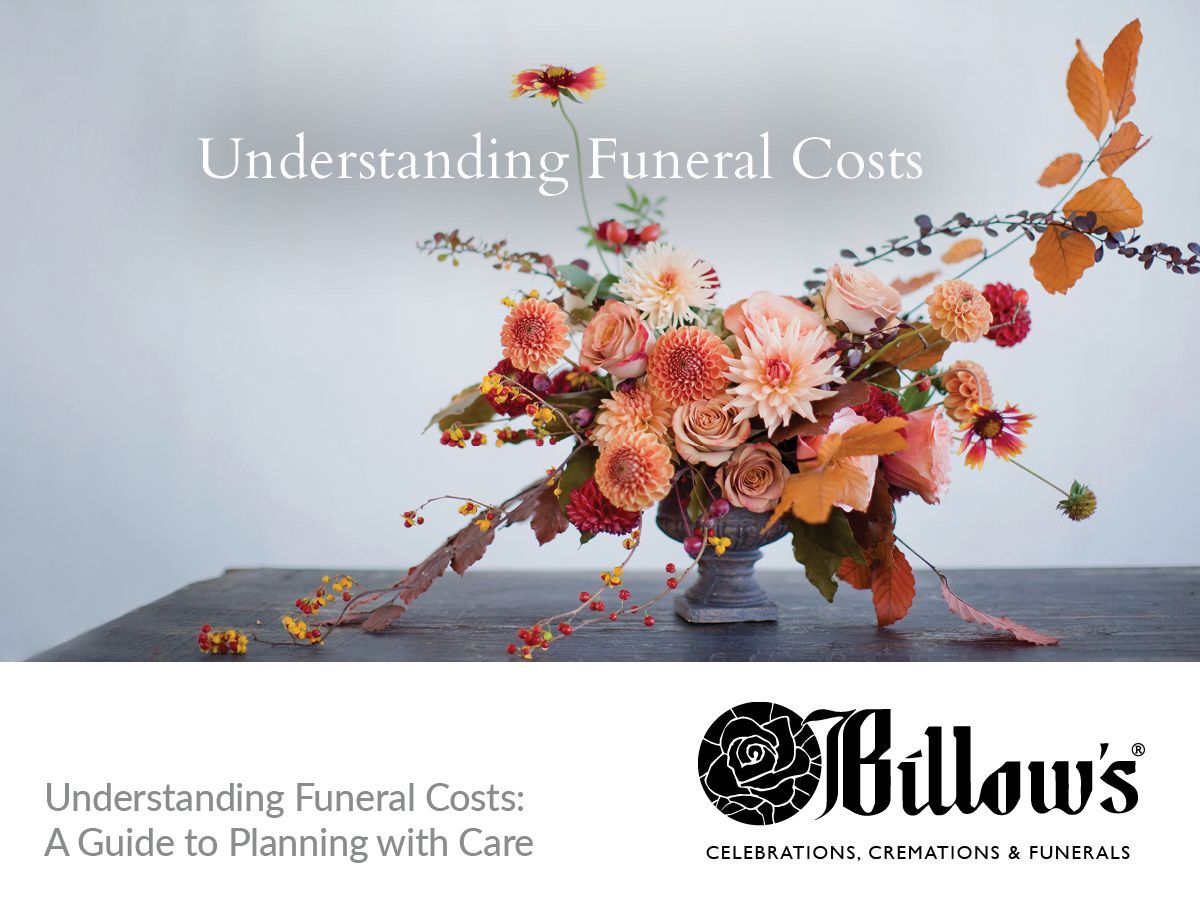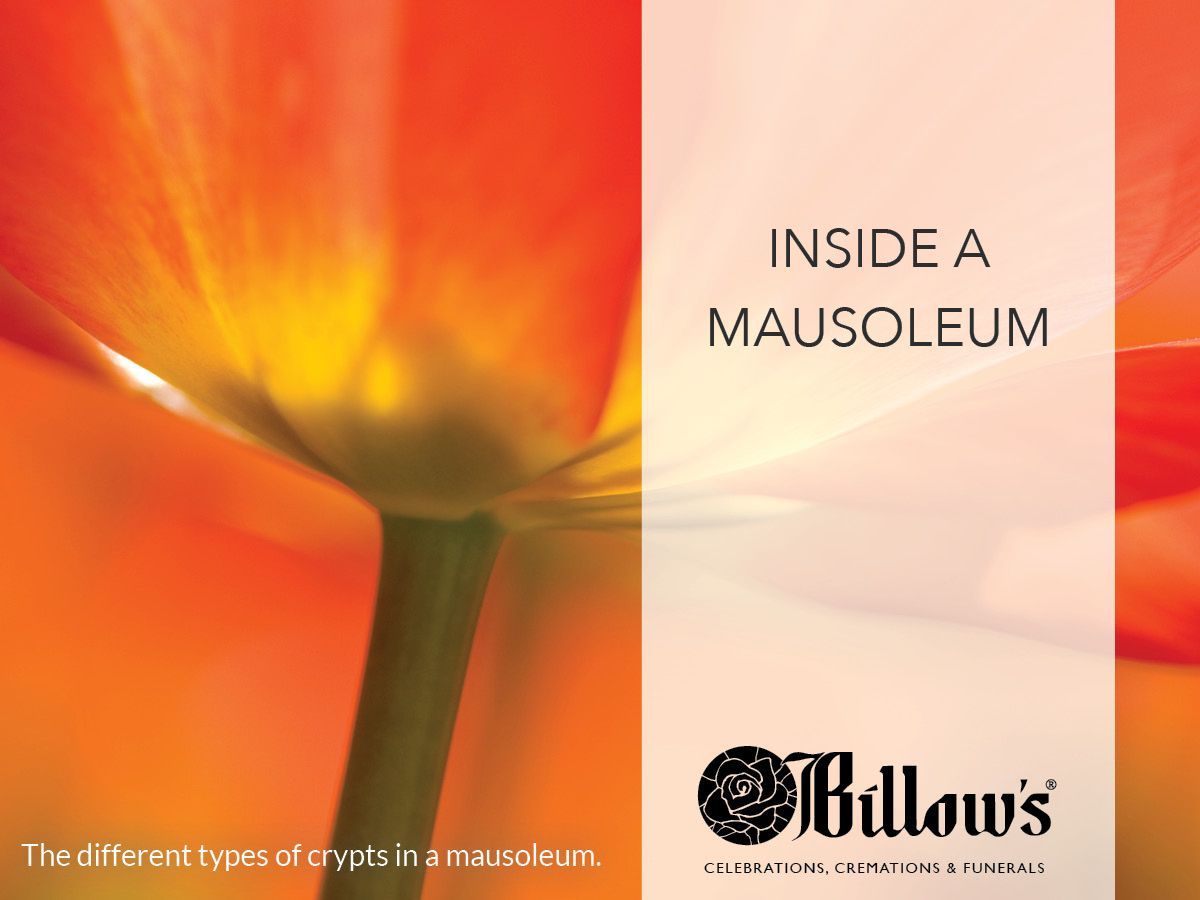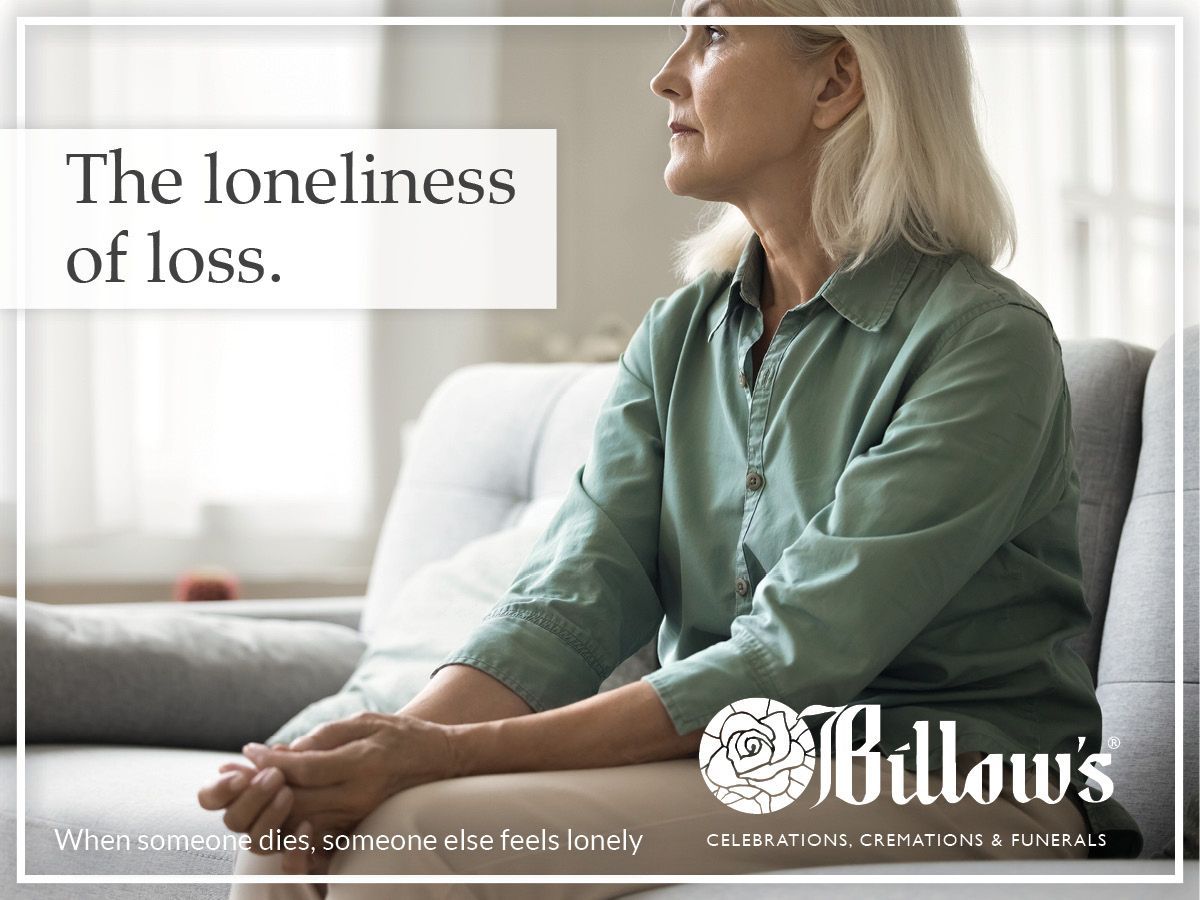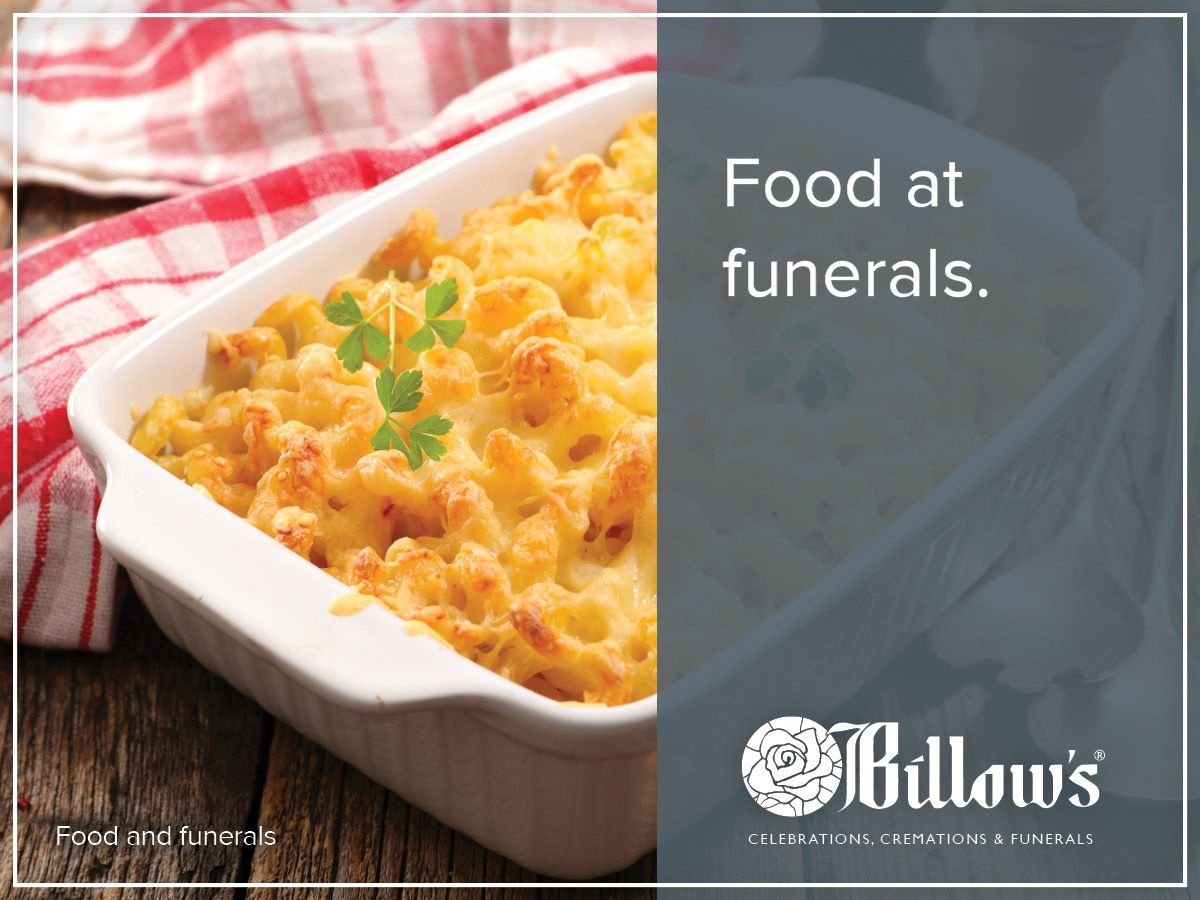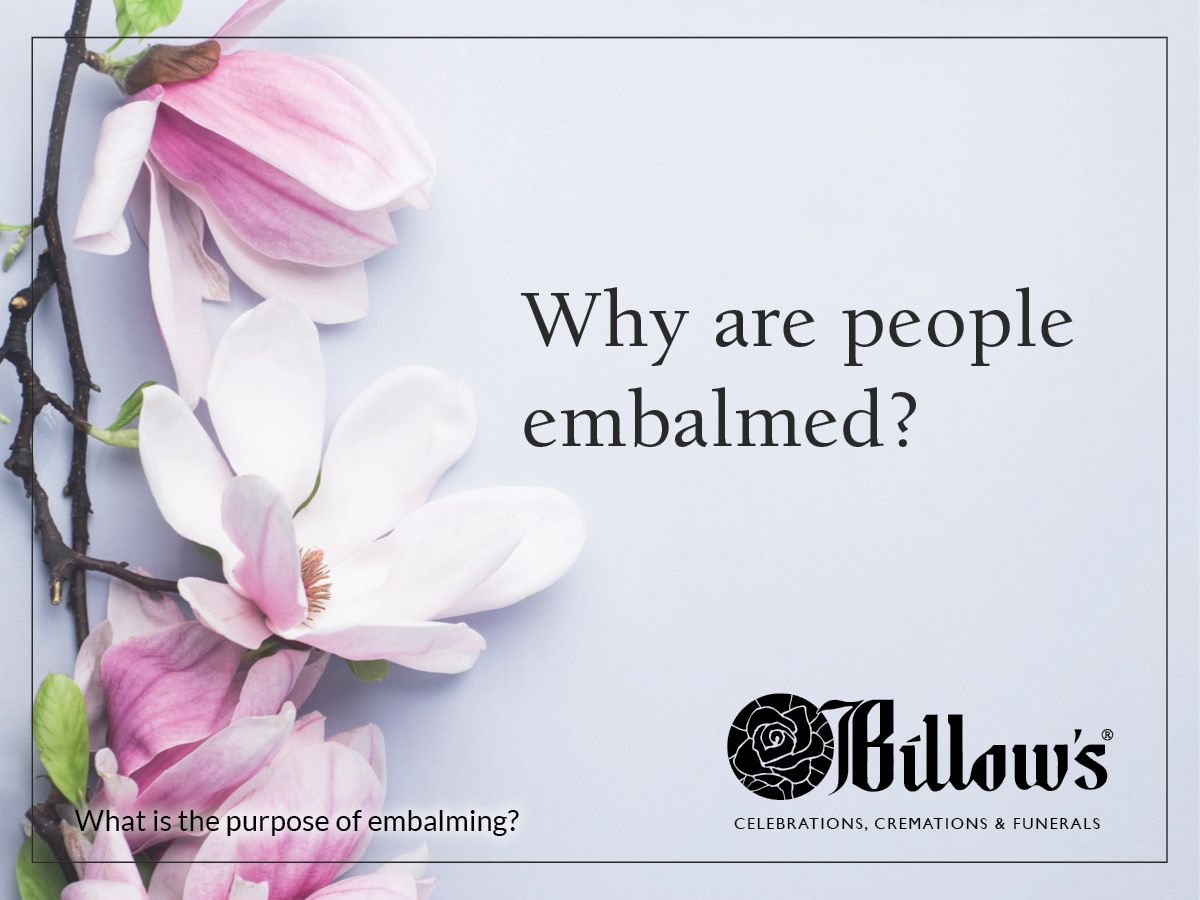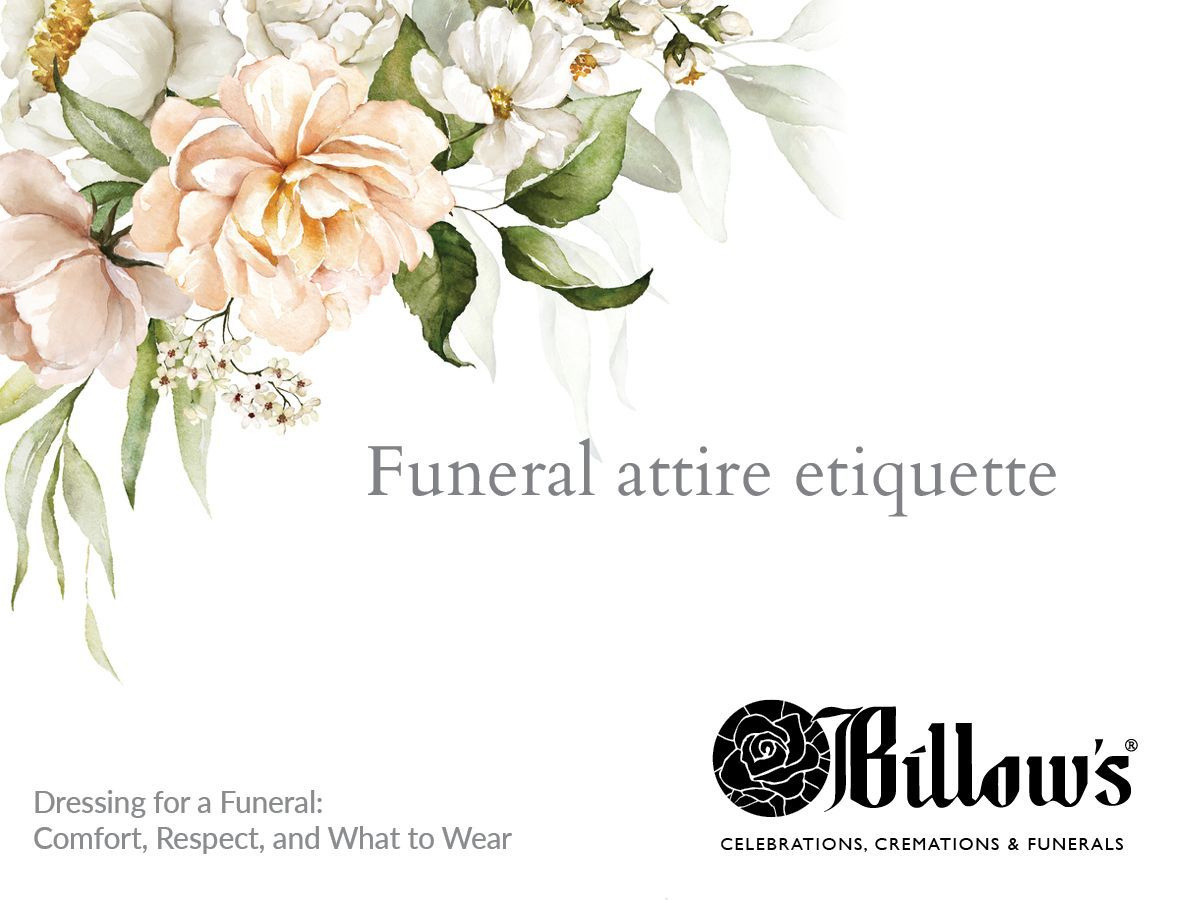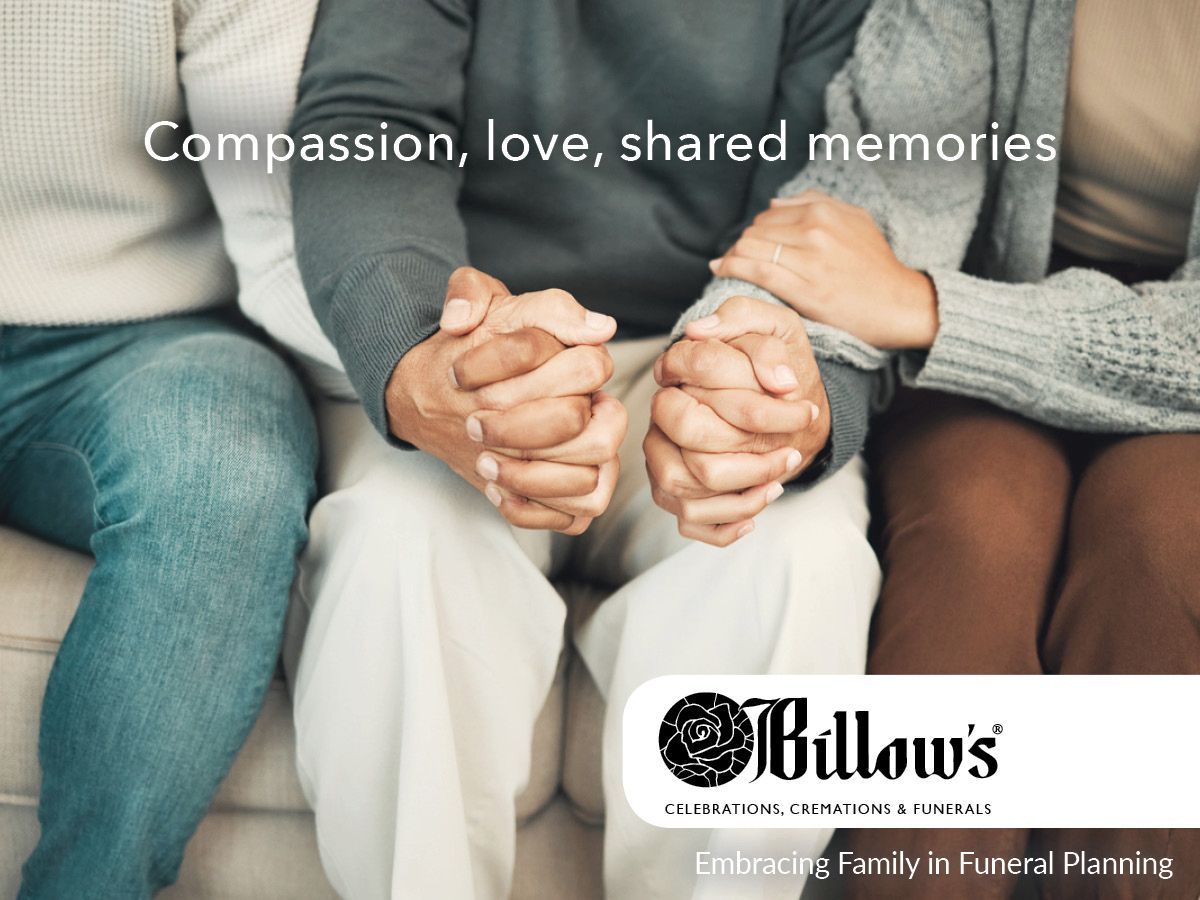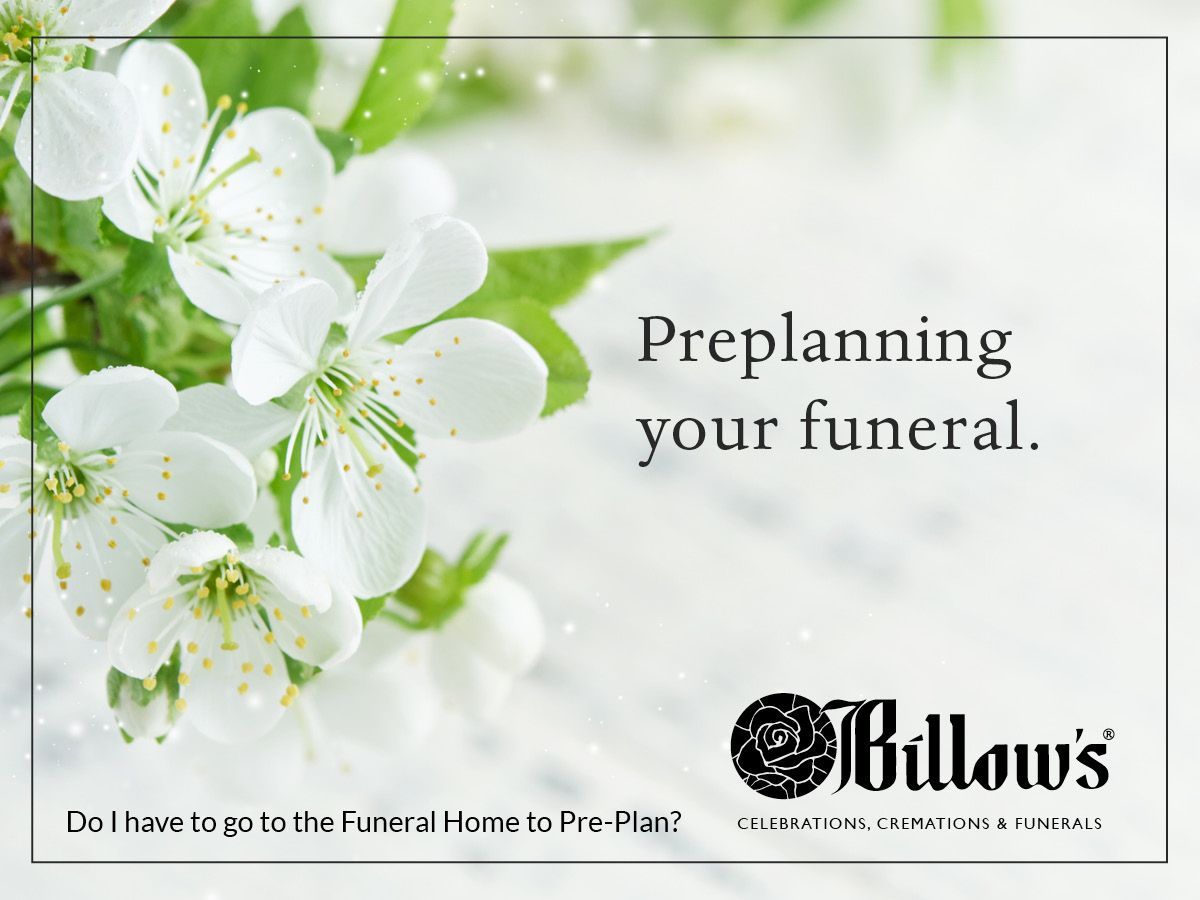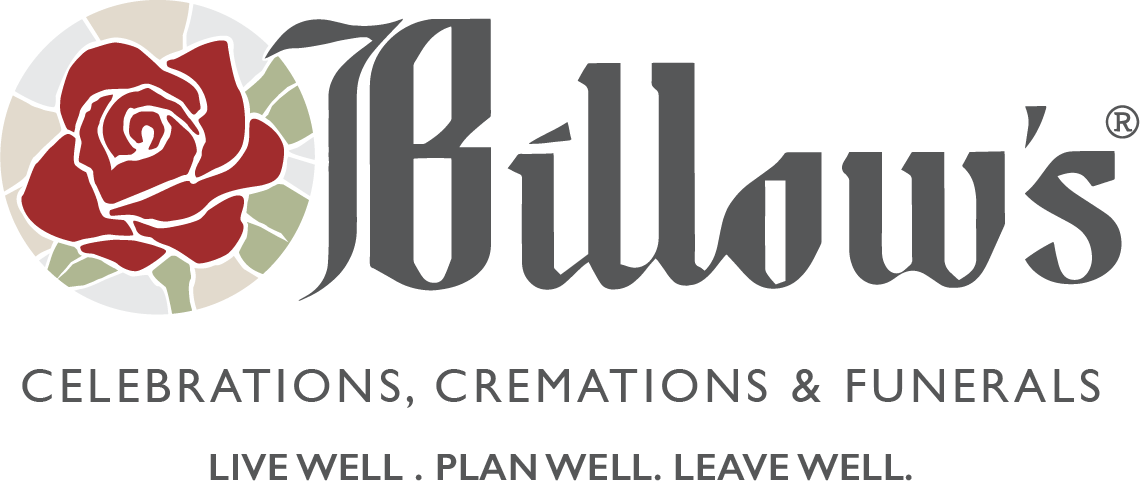Facing Mortality When Planning Your Own Funeral
Preplanning our own funeral is a way to help our families before their time of need. Planning a funeral means answering hundreds of essential questions. Answering those questions becomes even more stressful when you’re in the midst of grief.
But planning your own funeral can be difficult when you’re struggling to acknowledge your own mortality. Death anxiety is common, and research suggests that it’s become even more common in the wake of the COVID-19 pandemic. How can you stop your death anxiety from interfering with making funeral plans? It starts with addressing your fears head-on.
How to Combat Death Anxiety When Planning Your Own Funeral
1. Don’t do it alone.
Thinking about death can feel isolating. It’s a word that’s often avoided despite its existence being so prevalent in our lives. But we can find great comfort when we’re willing to talk about it. The word loses some power when we speak openly about our fears over it. And we can also find a sense of camaraderie in knowing that we’re not alone in our fears.
When planning your own funeral, consider asking someone to accompany you to the funeral home to make the arrangements. Or call a friend after you meet with the funeral director to discuss your plans. Anxiety can become more overwhelming when we hold our feelings in. By being open about what’s on our minds, we better work through our emotions.
2. Consider talking to a mental health professional.
It’s normal to have some fear over our own passing. Most people don’t like to think about death, and it can be unnerving to think about a time when we’ll no longer be around our friends and families. However, anxiety over death can go from being somewhat upsetting to troublingly debilitating for some people. These people may have thanatophobia, an extreme fear of death or the dying process.
When someone has thanatophobia, their fear of death affects their everyday lives. They may avoid certain scenarios where they believe their death may occur, such as refusing to get on a plane for fear of crashing. Their worries may ultimately lead them to become unable to go to school, work, or other social situations. They may have physical symptoms when they think about death, such as having a panic attack. They may also refuse to see loved ones who are near their own passing for fear of being reminded about the dying process.
Although many people have some anxiety over death, between 3 percent and 10 percent of people have more severe thanatophobia. It’s hard to move past such extreme fears on our own. Trained mental health professionals may be better equipped to help in the event of thanatophobia. However, even sufferers of less troublesome forms of death anxiety may benefit from having a mental health professional to work with while planning their own funeral. While you plan your funeral or even before you begin planning, working with a mental health professional can make you feel more prepared to answer the many questions that come with funeral planning.
3. Find the right funeral director and funeral home.
Although you may want to work with a funeral home local to you to preplan your funeral, you also may want to set up meetings with multiple funeral homes. You don’t have to work with the first funeral director or funeral home that you meet. By taking a look at multiple funeral homes, you’ll be able to find one that best matches your needs.
You’ll discover that you have someone in your corner when you meet the right funeral director. Although funeral directors are generally very empathetic people, you may want to find someone who has some experience dealing with death anxiety. And remember that funeral directors have a great deal of experience with people feeling many overwhelming emotions. It’s okay to let your feelings out in front of a funeral director.
4. Develop anxiety-reducing habits.
Death anxiety, like any form of anxiety, can benefit from the intervention of practices that help your mental health. Mindful meditation, meaning a form of meditation meant to focus on the present moment, has been shown to reduce overall feelings of anxiety. Journaling has also been linked to the reduction of anxiety-related symptoms. These habits require frequent use, but they also only need to be done for about 15 minutes per day. Although it can be hard to get started on these practices, you’ll find that they’re easy to maintain the more you do them.
Focusing on your physical health as well as your mental health may also help your stress levels. Exercising builds up the resources that help protect us against troubling emotions. It also decreases muscle tension and better enables us to understand the difference between real and perceived threats to our survival. Someone with death anxiety who sees frequent threats around them may find that exercise helps them to quell some of their fears. If you find that thinking about funeral planning triggers your anxiety, working on mental and physical health may help you navigate making plans with a funeral director more easily.
5. Recognize that funeral planning may actually help your anxiety.
You may be hesitant to plan your own funeral and final disposition due to your anxiety about your passing. But it turns out that planning your funeral may be one way to reduce your anxiety and help you move past your fears. Research suggests that cognitive-based therapy (CBT) focused on exposure is the best way to combat death anxiety. However, one of the issues with CBT for death anxiety in its current form is that it doesn’t get to the root of the issue. It often tries to disprove someone’s fear. For example, if someone is afraid of passing away in a plane crash, CBT may aim to disprove that dying in a plane crash is likely.
However, the problem with this method of treatment for death anxiety is that the plane crash isn’t what should be addressed. When people have a general fear of death, it’s misleading to try to convince them that they’re not going to die because everyone passes away at some point. It’s one of the only sure things in life.
Some therapists are paving the way for a different kind of treatment, one that puts recognition of death at the forefront. And many death-anxious people are becoming less fearful through the reinforcement of the fact that they won’t be around forever. In this way, planning your own funeral becomes a form of exposure therapy. However, you should consult with a mental health professional before attempting any form of exposure therapy, especially if you have thanatophobia and your death anxiety is debilitating.
Many people fear death. But for some people, that fear takes away from what they’re able to do in their daily lives, such as making funeral plans to help their families. Through following these steps, though, you may find that thinking about mortality isn’t as scary as it seems, and neither is planning your own funeral.
